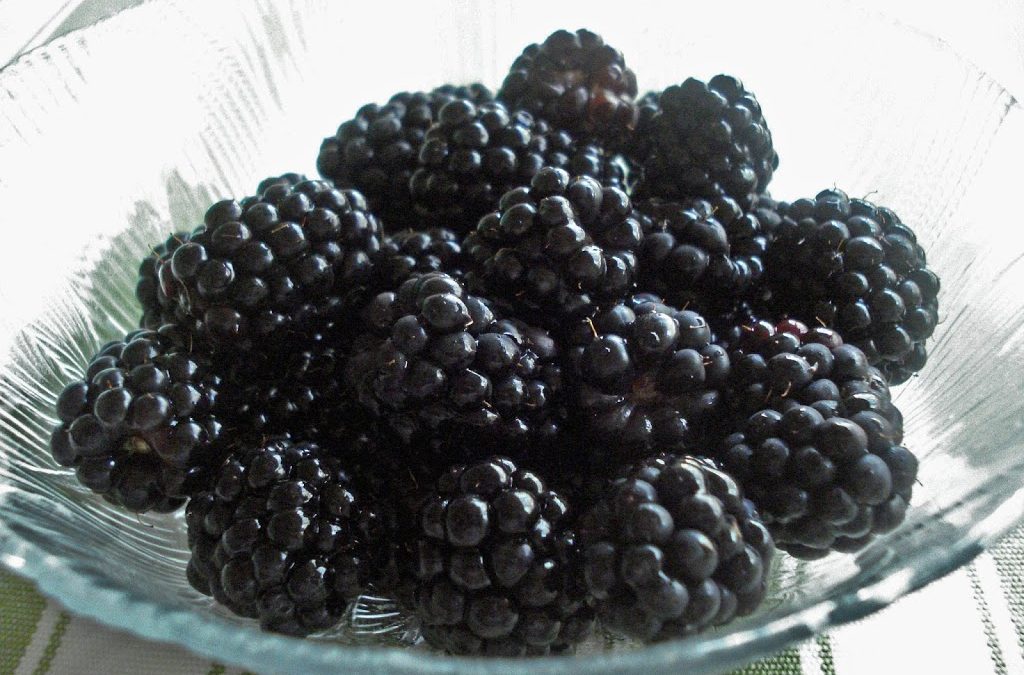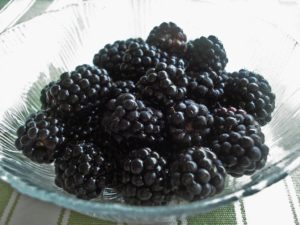Vitamin C is not made by our bodies and so it must be ingested. Rich sources include citrus fruits, peppers, parsley and berries. Vitamin C is a water soluble vitamin and so it is not found in oils. Although rose hips may be a good source of vitamin C, the oil extracted from rose hips is not a source of vitamin C as many claim.
Signs of Vitamin C deficiency are follicular hyperkeratosis (rough, raised bumps), petechial hemorrhages (red marks), swollen or bleeding gums, and joint pain.
Vitamin C is also known as L-ascorbic acid and it likes to work with flavonoids for full activity. Its actions include:
- It is a cofactor for the enzyme lysyl and prolyl hydroxylase. These enzymes are necessary to form the three dimensional structure of the skin matrix protein, collagen. Improving collagen leads to firmer skin.
- Vitamin C inhibits the enzyme tyrosinase which results in decreased production of melanin. This helps reduce pigmented age spots on the skin.
- Vitamin C is an antioxidant and inhibits lipid peroxidation and DNA damage caused by UV light. In doing so it also helps protect against UV induced skin damage.
- Vitamin C inhibits the release of pro-inflammatory cytokines including IL-1α, IFN-γ, IL-8, IL-2, TNF-α, and eotaxin as well as CRP. This may result in decreased reddening and irritation of the skin.
- Ascorbic acid participates in the synthesis of carnitine. (β-hydroxy butyric acid). Carnitine is an antioxidant, is thought to firm the skin and is involved in the production of energy from fats.
- Ascorbic acid is involved reactions necessary for activity of oxytocin; the love hormone that is stimulated by skin to skin contact.
For a face care product that has vitamin C try Springtide Gold by Colorado Aromatics.




You always provide such a wealth of information. This is too good not to share 🙂
Thank you for this info.! It's a good reminder to eat an abundance of foods rich in vitamin C.
We provide you a huge range of online China products in UK. Our vision is to give you comfort for all fields of life. Everything would be at your on click.
Thanks for sharing!We should supply vitamin C to have healthy skin
Sakura beauty